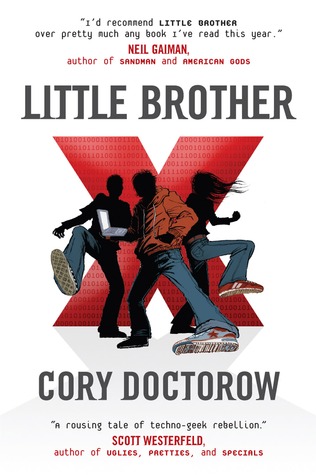 Title:Cruel Beauty
Title:Cruel BeautyAuthor: Rosamund Hodge
Genre: Fantasy, Romance
Release Date: Jan. 28, 2014
Goodreads
A Quick Introduction: Nyx has been prepared since she was a child to marry the bargin-making demon who rules her world. To marry him, and to kill him, bring down his rule and free her people. Her father struck a bargain with the Gentle Lord, with the promise that the Gentle Lord would be granted one of his daughters, and Nyx was chosen to be the bride of the demon. So, on her seventeenth birthday, she leaves behind the only home she's ever know, all be it one that she has more or less resented, as she lives with people who haven't been bothered to try and save her. the castle isn't what she expects, a constantly reforming maze of rooms and locked doors. Neither is her new husband. Nyx finds herself torn between her duty to her world and the possibility of loving her sworn enemy, the only one who has ever understood.
Out of Ten: 6/10
Review at a Glance: A fair fantasy with elements of classic fairytales and Greek mythology.
Review: This was alright. There are aspects of fairytales, it is pitched as having aspects of Beauty and the Beast, and there was a hint of Bluebeard's Wives in there too. There was also strong influences from Ancient Greece, with references to Greek mythology.
Nyx is a bit of a hardened character- she's known since she was young that she is essentially a human sacrifice. Her father doesn't care about her, she's bitter toward her dead mother and her aunt, and, while her sister is sweet to her, she can't help hating her. She even seems to feel guilty for wanting to live, or wishing she was not chosen as the bride. There are a lot of negative emotions, and she mentions a few times that she considers herself a monster, though of a different kind than Ignifex, the demon has.
Truth be told, I didn't really feel this story. Somehow, I didn't sink into the world. There were aspects of the worldbuilding that I enjoyed- how the sky looked, for instance, but I feel like there was something that just didn't pull me into it. I guess that I just really didn't feel what Nyx felt. Her constant brooding on her hatred (and how she feels guilty about her hatred) and how she thinks she is awful wasn't something I particularly enjoyed, and I somehow didn't really feel like she faced that as a character. She doesn't seem to reconcile with herself.
This book is really pitched as a romance. I didn't really find myself feeling it. There didn't seem to be any sort of emotional connection between the participants. I understood the idea that there was meant to be one, but I felt that it wasn't really built as well as it could have been. I feel like there could have been more encounters between the characters- there are times where Nyx mentions that weeks (or months...) have passed, but we are lead to assume that they completely avoided each other during these stretches. I just didn't get the emotional connection, so the sudden desperation toward the end didn't fit for me.
Overall, it was an interesting enough concept, and an enjoyable enough book, but I just didn't feel either the emotions of the characters or the world itself. It just didn't jump off of the page for me.




